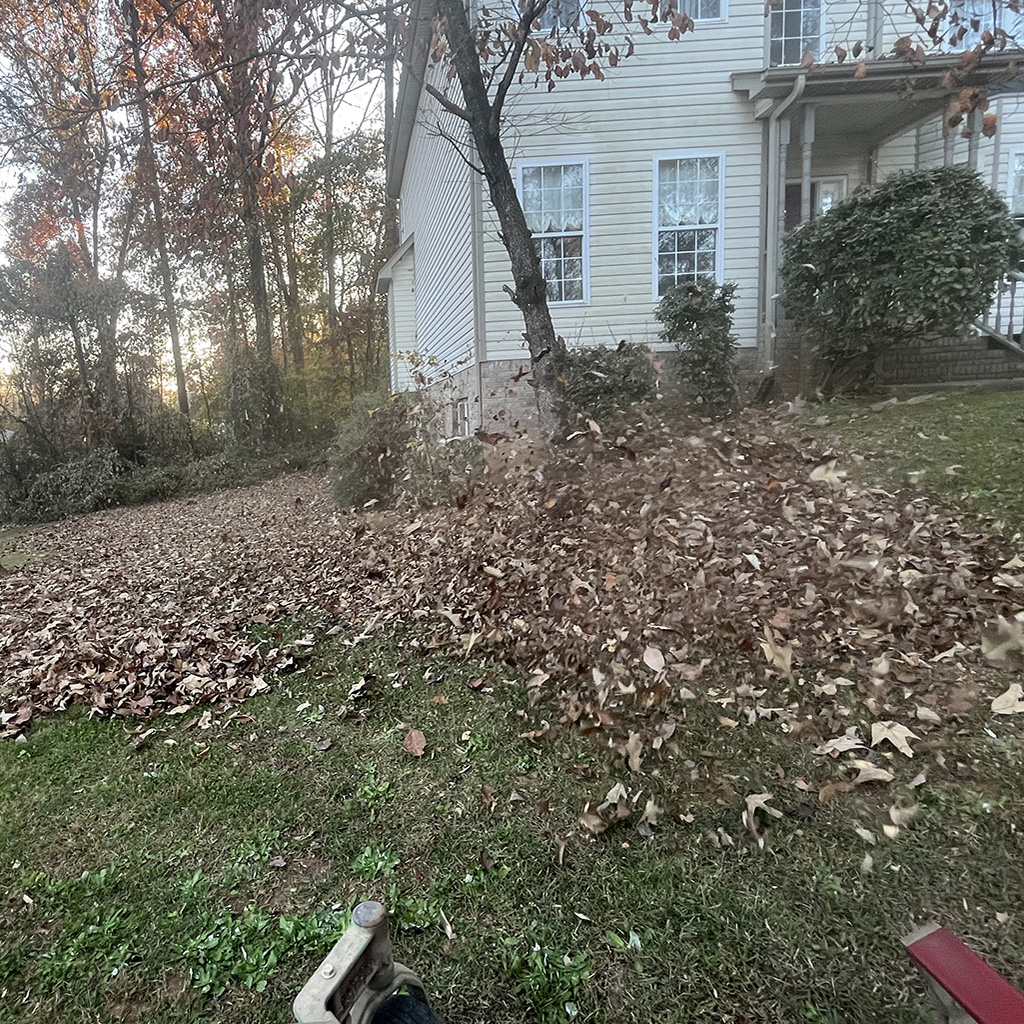The frost is on the pumpkins, but the gardening season isn’t over yet. Jason Reeves, horticulturist and curator at the University of Tennessee Gardens says gardeners still have plenty of tasks during autumn. Reeves offers these timely free tips to help you keep your landscape and garden in top shape:
Shrubs and Trees
- November is an ideal time to plant or transplant trees, shrubs and fruit crops. Be sure to water thoroughly, then mulch newly planted plants with a good 3- to 4-inch layer of mulch. Newly planted evergreens should be checked regularly during the winter to ensure they are getting enough water.
- Mulch existing trees and shrubs to reduce weeds, provide insulation from freezing temperatures and conserve moisture.
Perennials, Annuals and Bulbs
- Reduce peony botrytis blight and hollyhock rust by removing and disposing of all leaves and stems this fall. Roses should have all their leaves raked from beneath to prevent black spot. Dispose of plant materials in the trash, not the compost pile. This will reduce the carryover of disease during the winter and you will have less trouble next year.
- Cut chrysanthemum and other perennials’ stems close to the ground once they have begun to die back. Leave ornamental grasses to provide winter interest until spring.
- You can continue to transplant perennials throughout the fall and winter unless they are marginally hardly in your zone. Those marginal plants are best planted in spring. Now is also an ideal time to plant spring-flowering bulbs. Consider planting some of the minor bulbs such as winter aconite, glory of the snow, species tulips, crocus, narcissus and grape hyacinths.
- Winter annuals such as pansies, violas, Dianthus chinensis, red mustard, snapdragons, ornamental cabbage and kale can still be planted – the earlier in the month, the better.
- Mulch flower beds with 2 to 3 inches of good compost or fine mulch to keep soil temperature stable and prevent winter plant injury from frost heaving. As the compost or fine mulch decomposes, it will enrich your garden soil as well.
Lawn Care
- It’s not too late to fertilize your cool-season fescue lawn. Use a turf fertilizer and follow label directions. This encourages good root development and helps improve the color of the lawn.
- Keep heavy layers of leaves raked from the lawn. They should be composted. Another option is to mow over a light layer of leaves, turning them into mulch, which adds important nutrients back to the lawn.
- November is the month for the first herbicide application for wild garlic and wild onion. Ask your county UT Extension office for information on herbicides and rates of application.
Fruits and Vegetables
- As soon as leaves fall from fruit trees and berry plants, spray for the first time with a dormant horticultural oil. This helps control overwintering insects and disease. Apply according to label instructions.
- Incorporate compost in the annual and vegetable gardens for next growing season.
- Complete removal of fallen leaves and debris to help eliminate overwintering insects and disease organisms.
- Cut the tops off asparagus plants and mulch with a good layer of compost.
- Cover strawberries 2 inches deep with hay or straw to reduce weeds and increase winter protection.
- Secure raspberry and blackberry canes to stakes to protect them from wind whipping.
Holder Outdoor Services offers professional landcape services all year-round to ensure your yard is beautiful and vibrant in the spring. Contact us today!
Source: University of Tennessee Agricultural Extension Office





